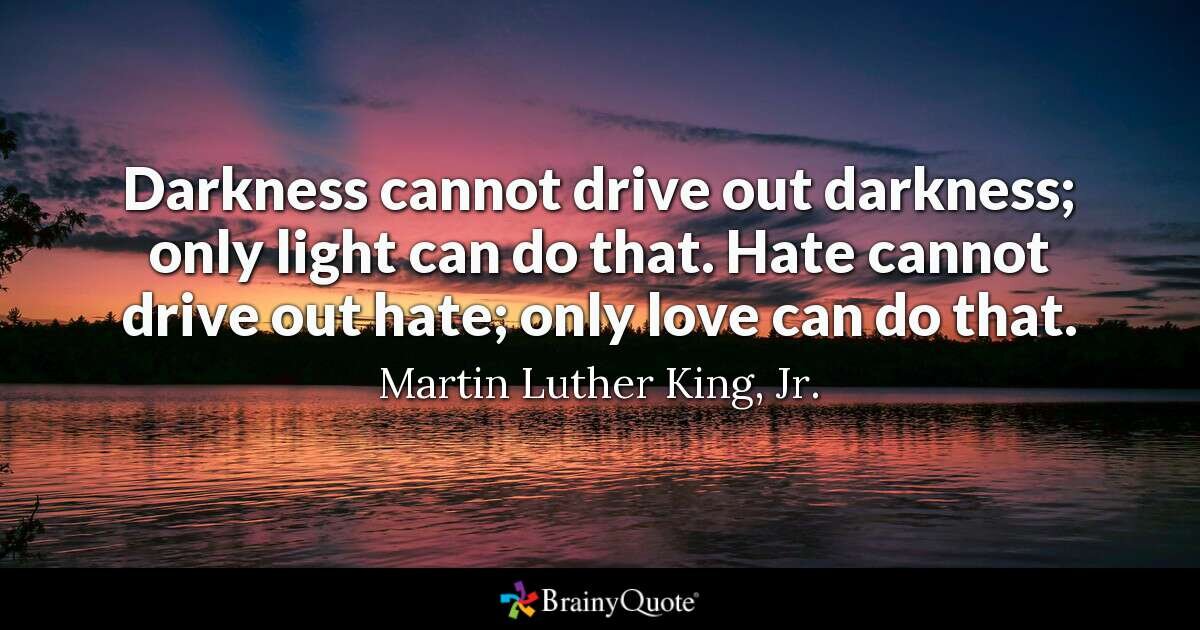I was going through some of the newsletter articles we’ve collected on our website when I came across this poem,: “Peace is This Moment Without Judgment,” by Dorothy Hunt, which is worth sharing again.
Peace is this moment without judgment. So, without expectations and blame. Without shoulds, have-to’s, and musts. And without trying to be something I am not.
In this poem, the poet tells us that the heart space is the place where everything is welcome. This can be challenging because not everything that arrives here is happy and wonderful. …
Read more“It’s hard to have sympathy for people who are dying of Covid. It’s their own fault!”
Those are the words I heard from a person who usually has lots of empathy and compassion for people and their troubles. I get why they said it.
If I guess their feelings and needs, perhaps:
Feelings: Frustrated, irritated, amazed, confused, confounded, angry.
Needs: Health/life, responsibility, awareness, shared reality.
I understand why he said what he did. We all have the same needs as my acquaintance. My reason for bringing this up is not to correct him (or anyone), but rather to contrast being in judgment with adding compassion to our needs/values. …
Read moreMarshall Rosenberg, PhD. and the author of Nonviolent Communication: A Language of Life (NVC), made it his life-long endeavor to bring peace by helping people understand the reasons why reactivity, conflict, and most violence arise. He discovered that moralistic judgments are a significant catalyst to conflict and suffering. …
Read moreFrom the Changing Self Talk to Self Care workshop
Marshall Rosenberg, in his book, Nonviolent Communication, helps us to understand how feelings of inner ease and peace arise when we “see” and accept who we are just as we are. On the other hand, when we attack ourselves with judgment, blame, shame, guilt, or threats we don’t see or accept ourselves as we are. The impact of this is its own kind of violence, yes? To help us untangle our inner criticisms we first apply these important facts to our situation. …
Read moreHi from New Mexico!!
Although we flew in, Mike and I have been driving a bit. As we go from here to there I’ve been noticing how there has been a major shift in me—a shift from needing things to be just so, and a practiced willingness to see things as they are. …
Read moreAlthough it certainly is helpful when the person I am communicating with has some Compassionate (Nonviolent) Communication skills, I find that I can usually connect with someone by what I call “translating” what they are saying to Nonviolent Communication (NVC). Translating means I guess their feelings and needs. If my guess isn’t accurate, the person will let me know, and then I can connect with whatever feelings and needs they are experiencing. …
Read moreThe weather is sunny and warm with a chance of thunderstorms this afternoon. Do I ask myself if the weather should be different? Or is the weather just the weather?
A personal weather report might sound like…
Read moreInner critics arise because in the past we’ve been penalized or punished for something that others thought, or that we thought we should have or shouldn’t have done. Having been punished in the past, our brain is wired to avoid it in the future. It does this by sending us warnings, often in the form of accusations, judgments, or threats. With practice, we can alter this process by using NVC.
Read more







